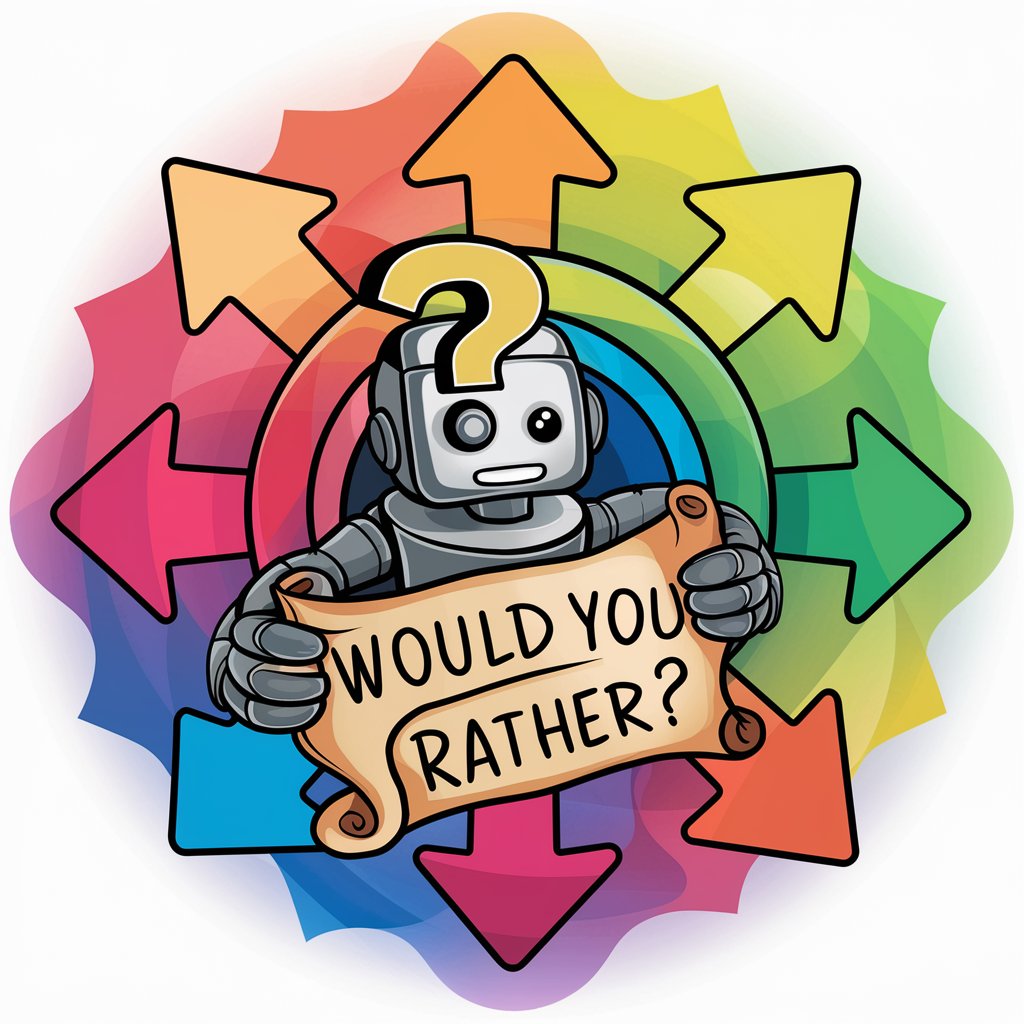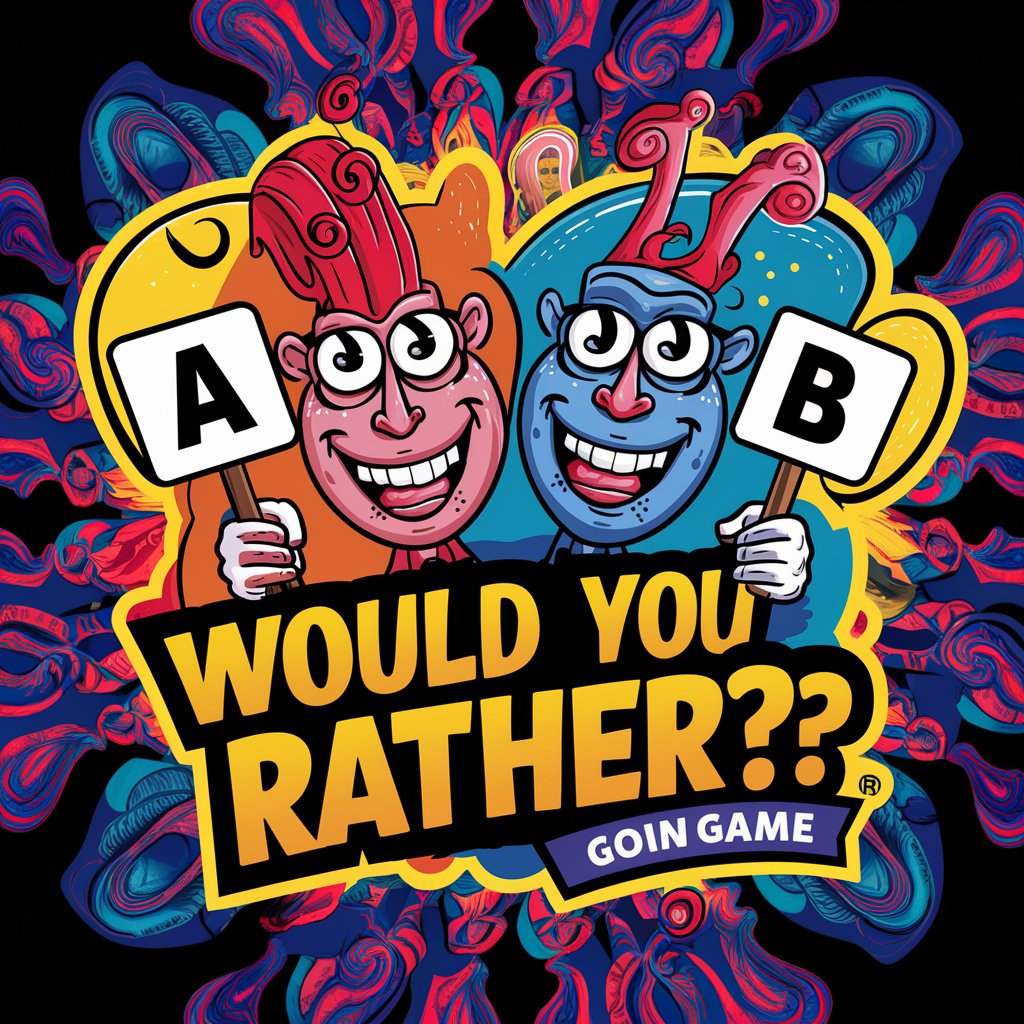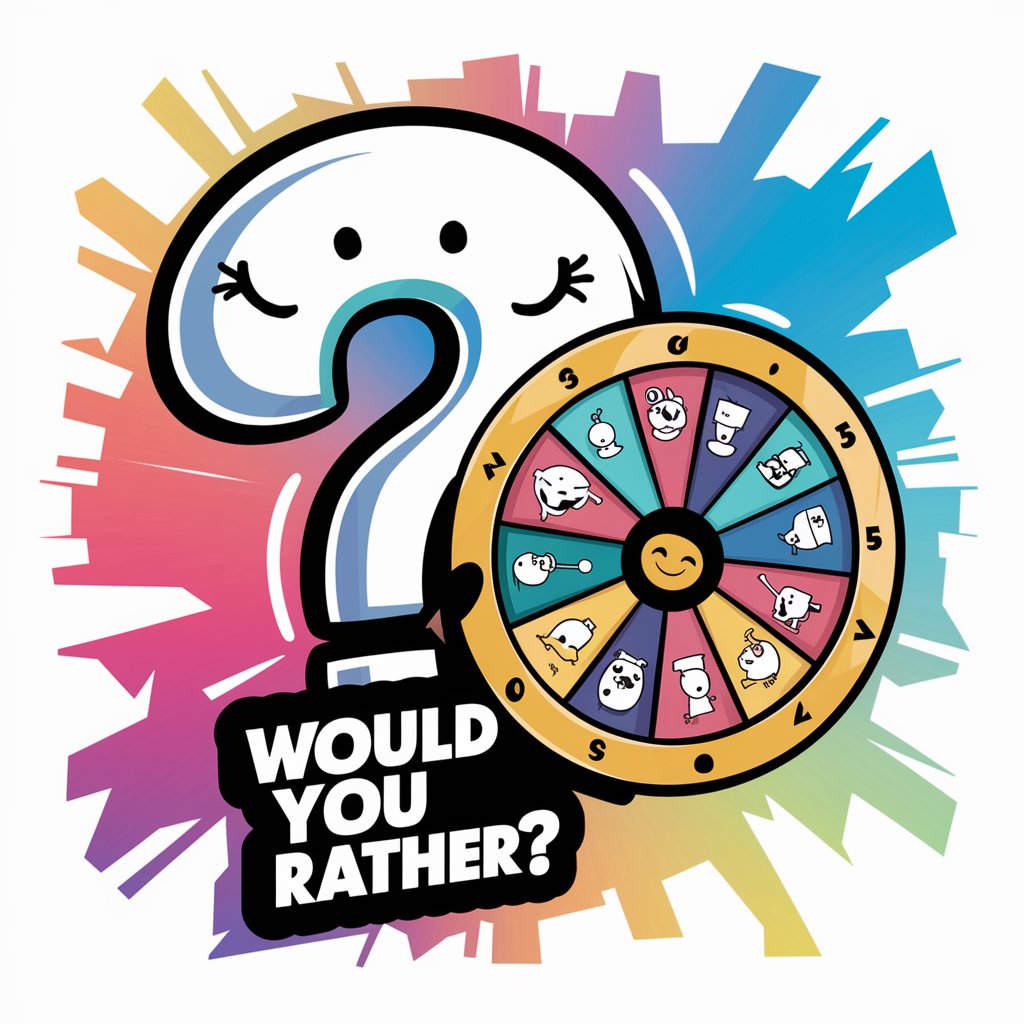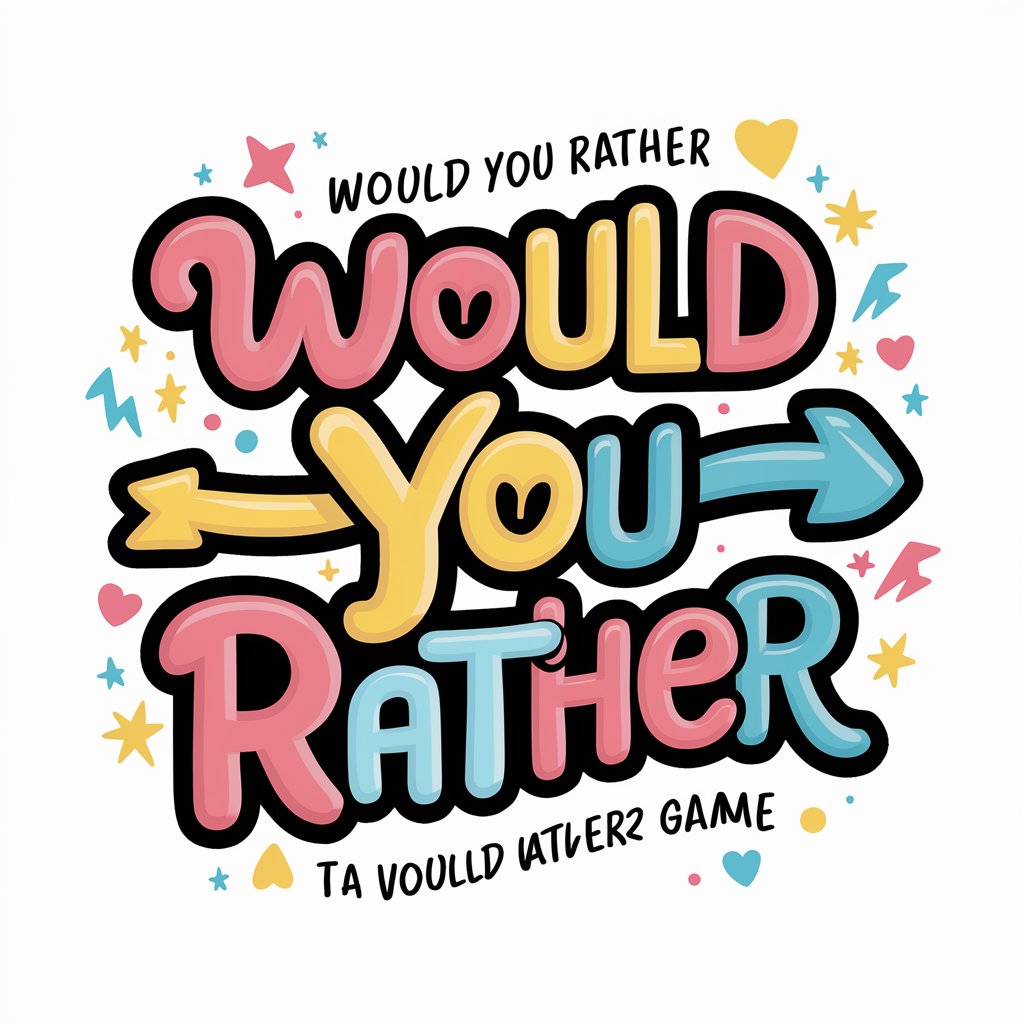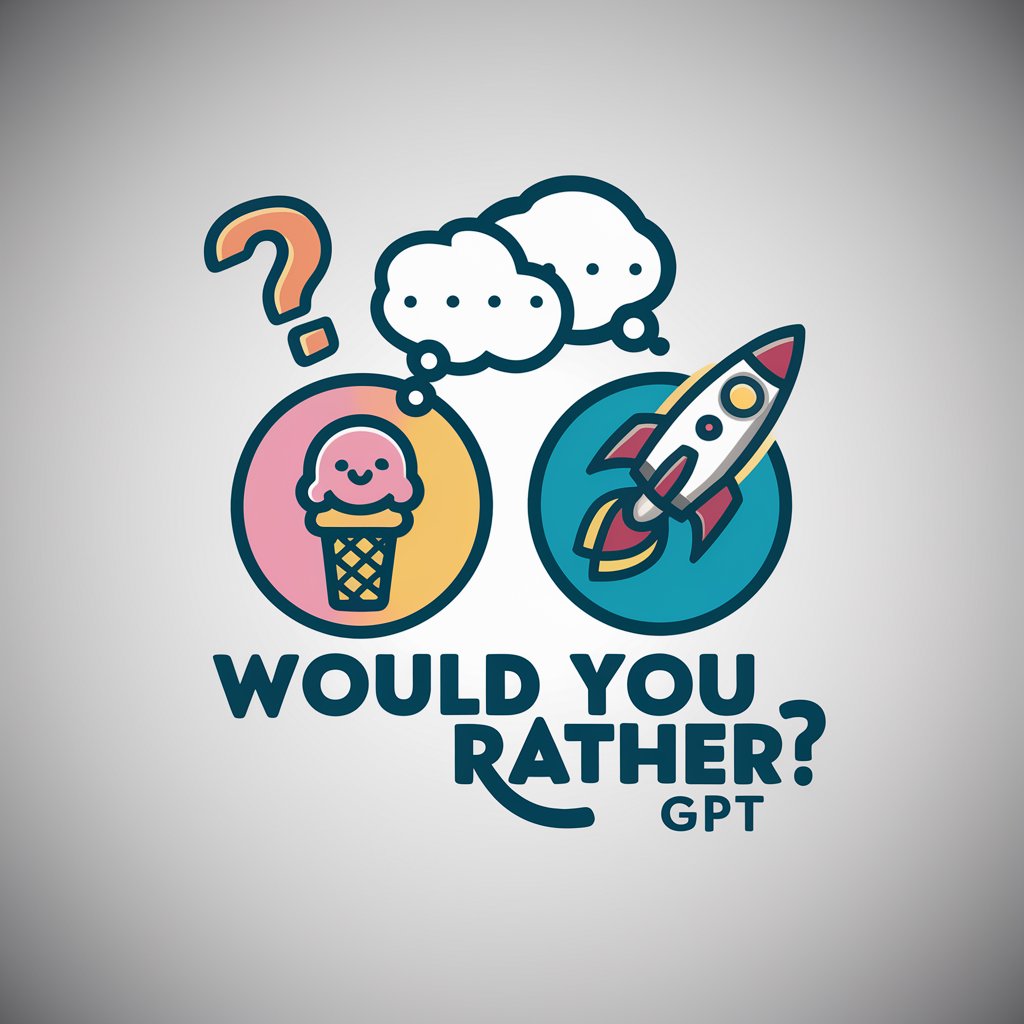
ShouldYouRather - ethical dilemma exploration tool
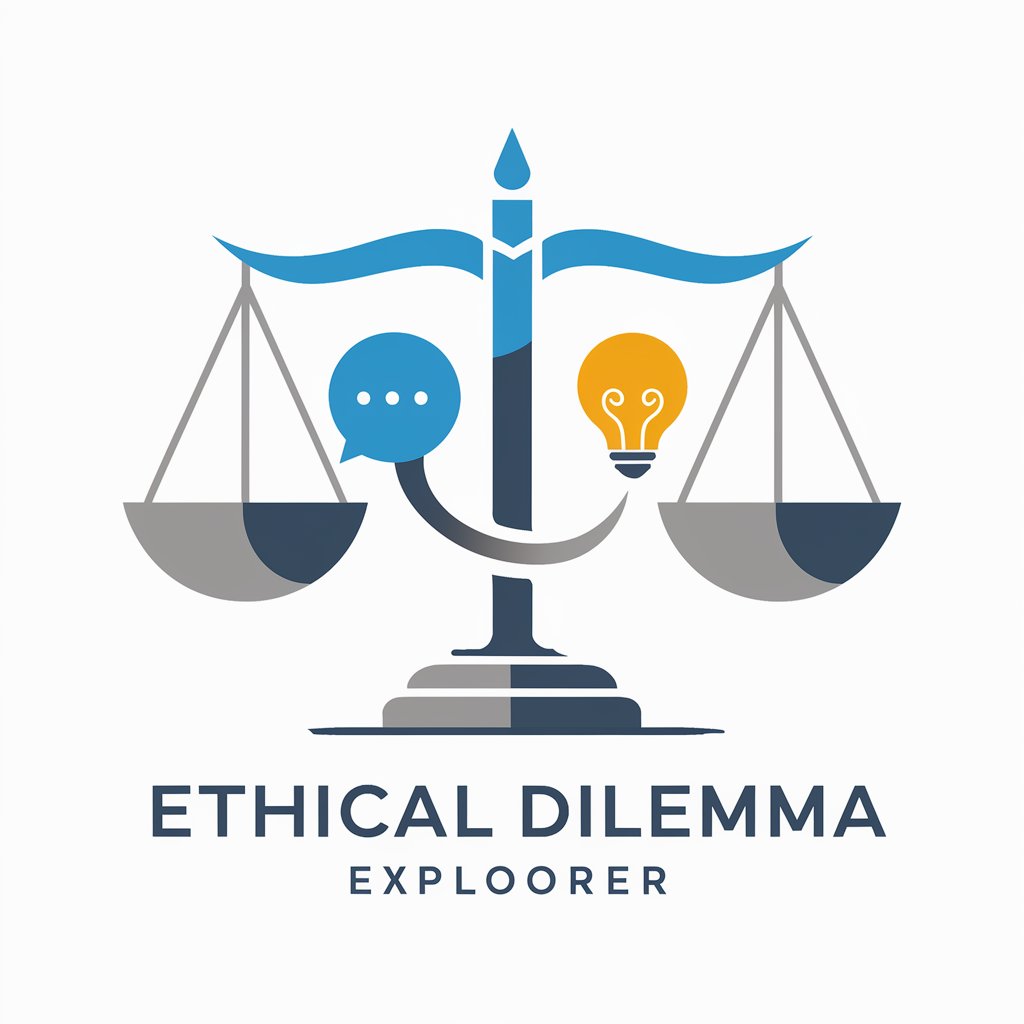
Welcome! Let's explore some thought-provoking ethical dilemmas together.
Explore Ethics with AI-Powered Insights
Imagine you're faced with a decision where helping one person means harming another. What would you do?
Consider a situation where telling the truth could cause harm. Is honesty always the best policy?
You're in a position to stop a minor crime, but it means breaking a promise. How do you decide?
Think about a time when following the rules led to an unfair outcome. How should rules be balanced with fairness?
Get Embed Code
Introduction to ShouldYouRather
ShouldYouRather is designed as an Ethical Dilemma Explorer, specifically tailored to engage users in exploring complex moral and ethical scenarios. Its primary purpose is to stimulate reflection and discussion on a variety of ethical dilemmas, from everyday moral choices to broader societal issues. Through presenting challenging questions and scenarios, ShouldYouRather encourages users to examine their values, beliefs, and decision-making processes. For example, a user might be presented with a scenario where they must choose between violating a personal ethical principle or causing unintended harm to others, exploring the implications and justifications for each choice. Powered by ChatGPT-4o。

Core Functions of ShouldYouRather
Facilitating Ethical Debates
Example
Imagine a scenario where a business must choose between increasing profitability by outsourcing jobs overseas, potentially leading to job losses locally, or maintaining local employment at the cost of reduced competitiveness.
Scenario
This function helps users explore the ethical dimensions of business decisions, weighing the consequences of each option and discussing possible middle grounds.
Enhancing Moral Reasoning
Example
Consider a medical dilemma where a doctor must decide whether to allocate a scarce resource to a younger patient with higher recovery prospects or an older patient who has been waiting longer.
Scenario
Through such dilemmas, ShouldYouRather helps users analyze ethical theories like utilitarianism and deontological ethics, fostering a deeper understanding of moral reasoning and ethical decision-making.
Supporting Educational Objectives
Example
A classroom setting where students are presented with a scenario involving cheating on a test, where they must decide if they would report a friend.
Scenario
ShouldYouRather is utilized in educational environments to provoke student discussions, encourage critical thinking, and develop ethical analysis skills among learners.
Ideal Users of ShouldYouRather
Educators and Students
Educators can use ShouldYouRather to introduce real-world ethical dilemmas into the classroom, enhancing students' critical thinking and ethical reasoning. Students benefit by engaging with complex situations that challenge their moral compass and decision-making skills.
Professionals and Business Leaders
Business leaders and professionals often face ethical dilemmas in the workplace. ShouldYouRather serves as a tool for these individuals to examine and resolve ethical issues, ensuring responsible decision-making in professional environments.
General Public Interested in Ethics
Anyone with an interest in exploring ethical questions and enhancing their moral reasoning can benefit from ShouldYouRather. It offers a platform for engaging with diverse and challenging scenarios, encouraging users to reflect on their personal values and societal norms.

How to Use ShouldYouRather
Start your journey
Visit yeschat.ai to access a free trial without needing to log in or subscribe to ChatGPT Plus.
Choose a dilemma
Select from a range of ethical dilemmas offered or input your own scenario to explore.
Engage with scenarios
Respond to the dilemmas presented and explore various outcomes based on different choices.
Reflect on outcomes
Consider the implications of each decision and reflect on the ethical considerations involved.
Apply insights
Use the insights gained to enhance your understanding of ethical principles and apply them in real-world contexts.
Try other advanced and practical GPTs
Trap architect
Craft cunning traps with AI expertise.

Bport top 100 trap future bass
Craft Perfect Mixes with AI

The Food Trap
Eat Smart, Live Well
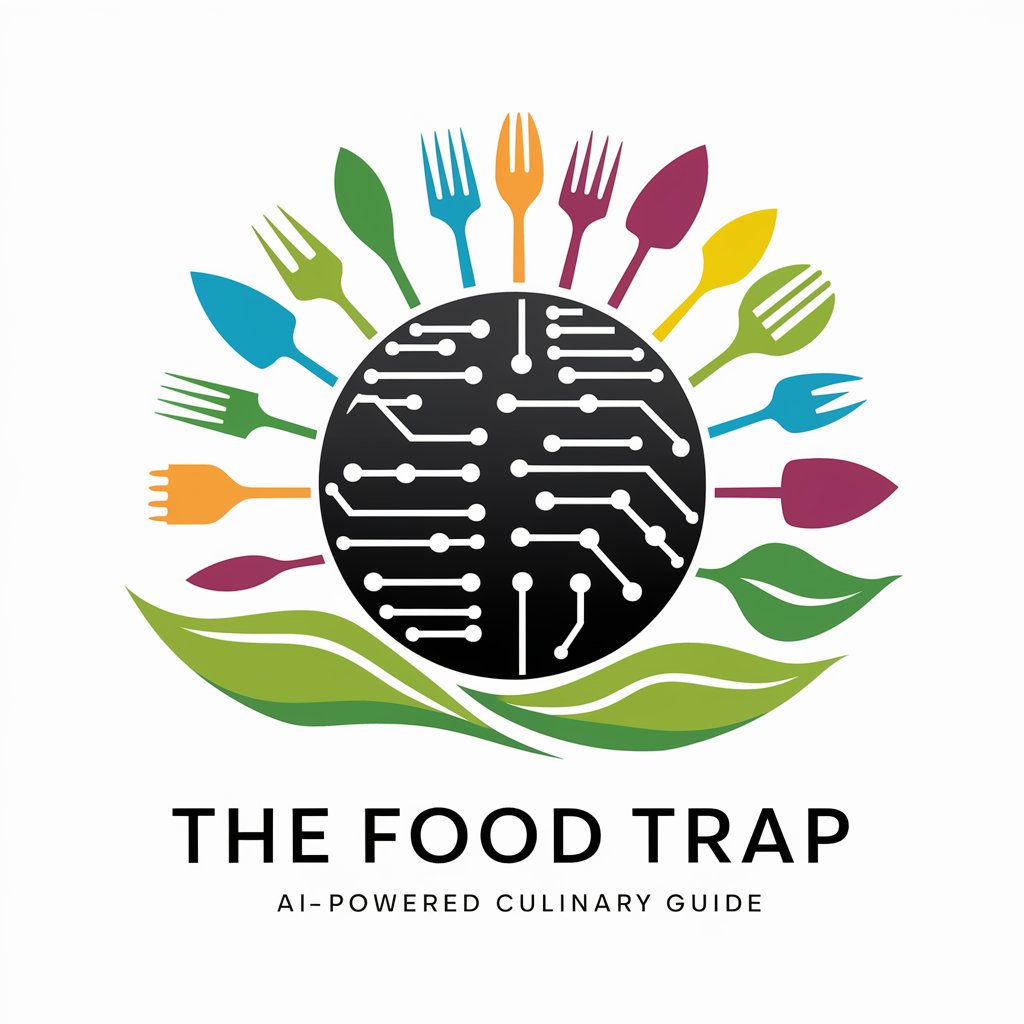
Trap Star Maker
Amplify Your Trap Game, AI-Powered
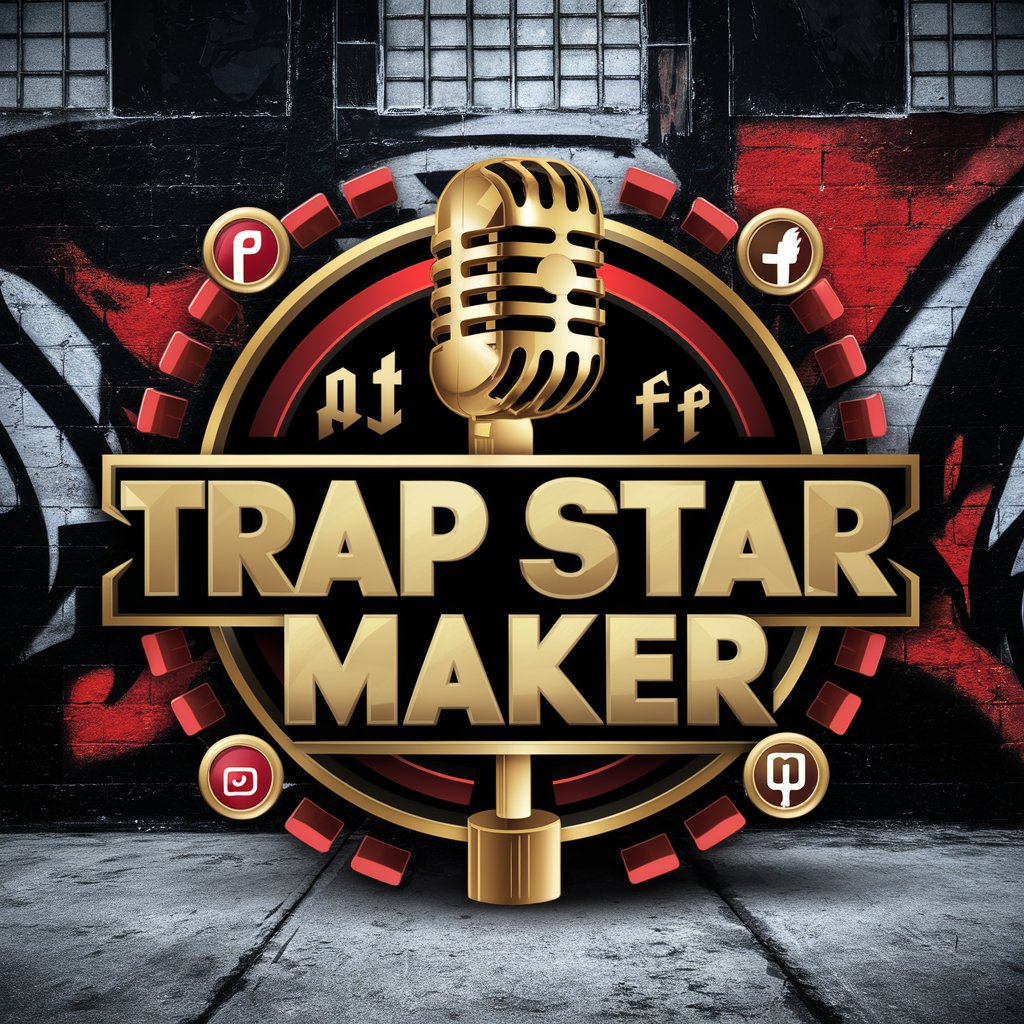
Trap Master IA
Master Trap with AI Guidance

Reincarnation Trap
Navigate your spiritual path with AI-powered insights.
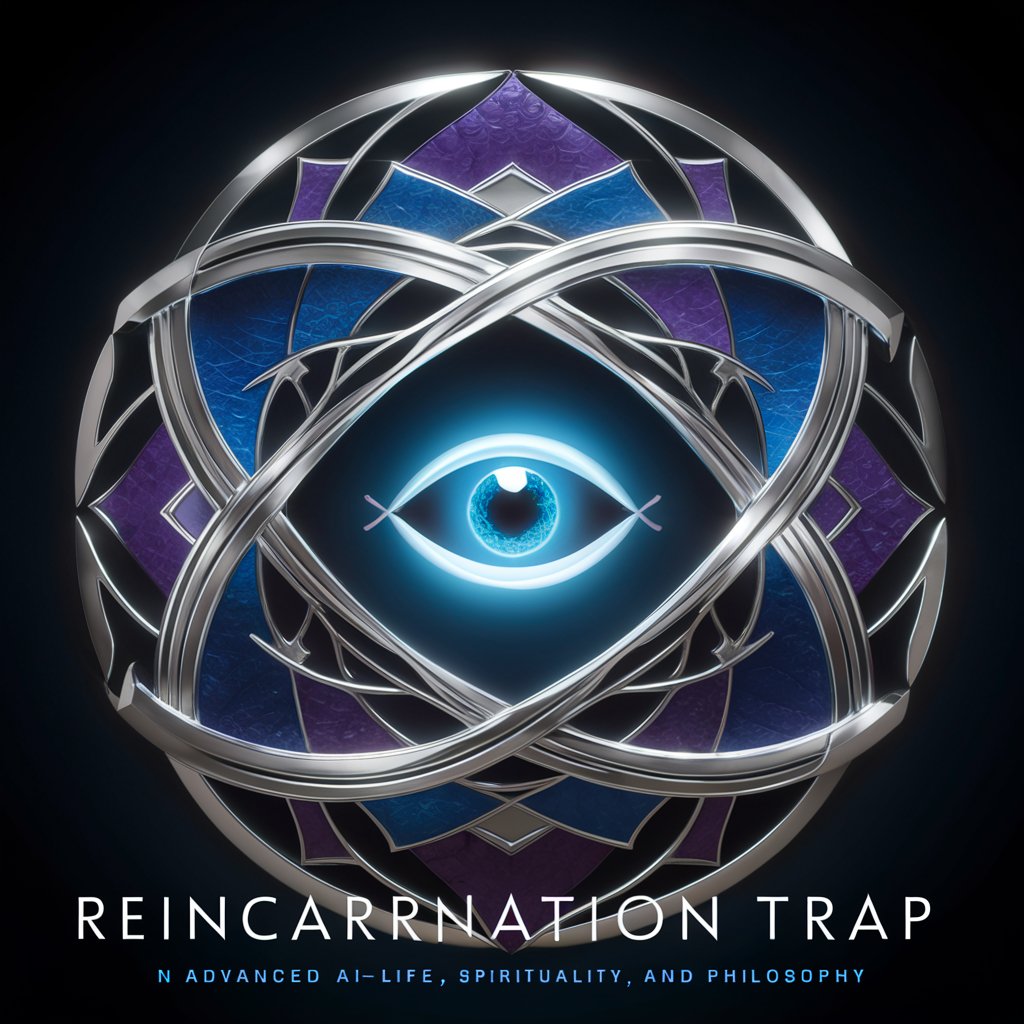
Soccer / Football Referee Expert
Empowering referees with AI-driven insights

Couple's Referee
Navigate Relationship Challenges with AI
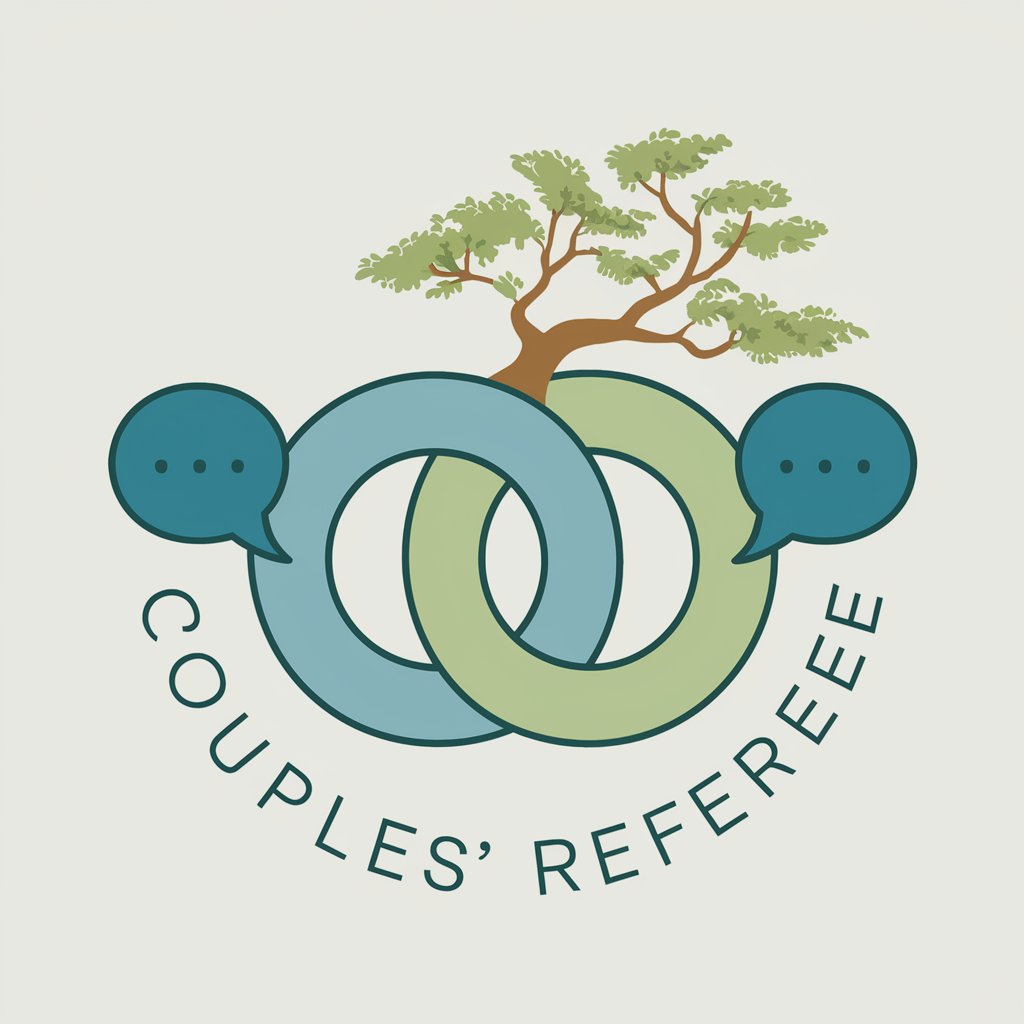
Categorizador y Etiquetador de Productos Avanzado
AI-powered Product Categorization and Tagging
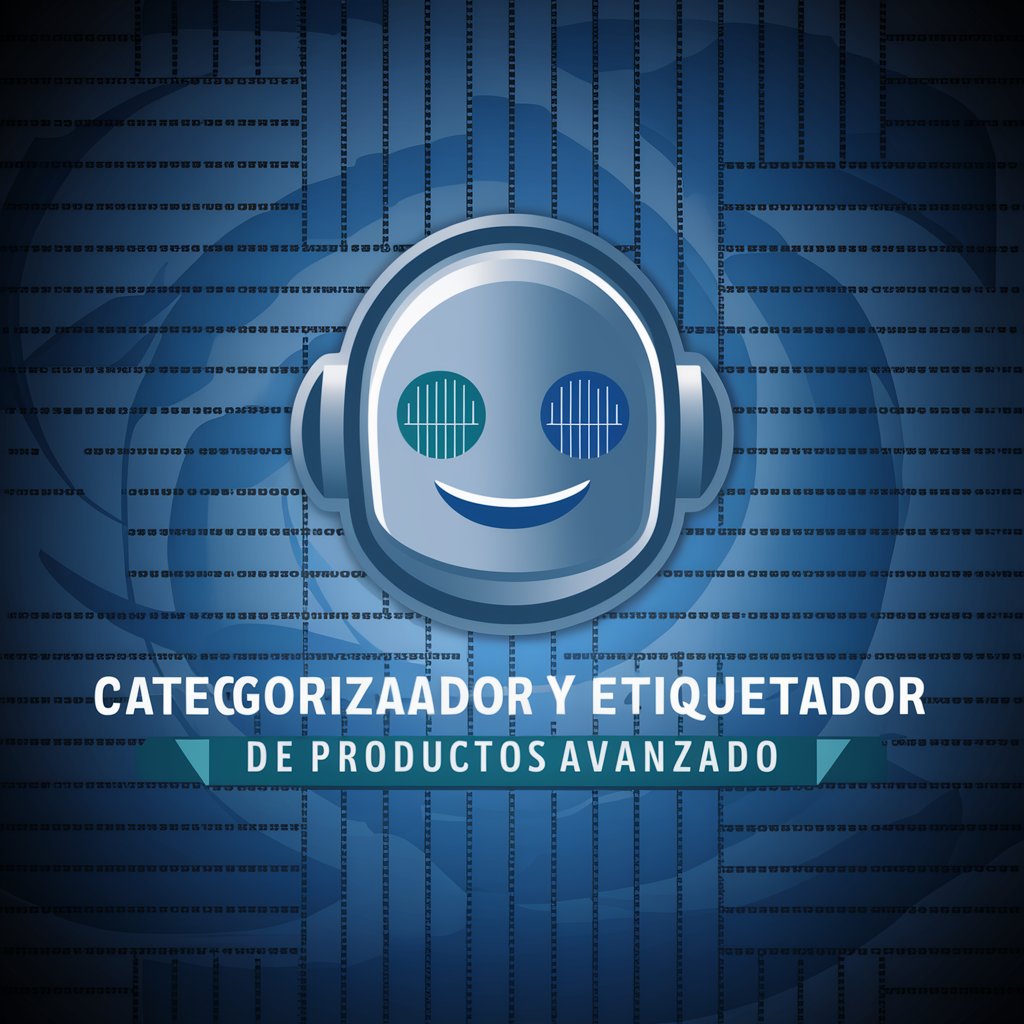
DGtal Helper
AI-powered geometry and topology tool
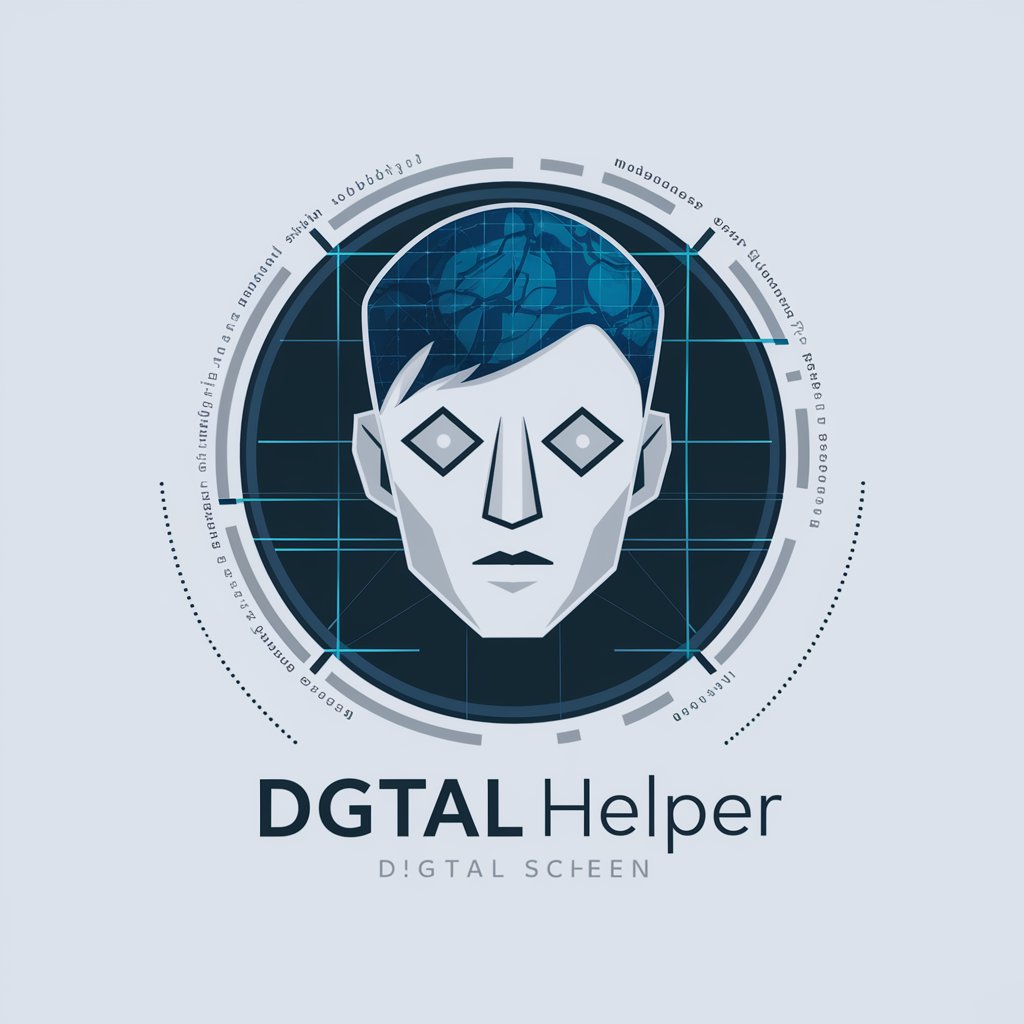
Percussion Composer with Visuals
Compose, Visualize, Perform

Fashion Design Sketch
Visualize your fashion ideas with AI

Frequently Asked Questions about ShouldYouRather
What types of ethical dilemmas can ShouldYouRather explore?
ShouldYouRather can explore a wide range of ethical dilemmas from personal decisions about truth and honesty to larger societal issues like privacy versus security.
Can I use ShouldYouRather for educational purposes?
Yes, educators can use ShouldYouRather to stimulate discussion and critical thinking among students about moral and ethical questions.
Is there a limit to how many dilemmas I can explore?
No, there is no limit to the number of dilemmas you can explore with ShouldYouRather during the free trial.
How does ShouldYouRather handle sensitive topics?
ShouldYouRather approaches sensitive topics with care, ensuring discussions are respectful and consider multiple viewpoints without imposing any specific stance.
Can ShouldYouRather help with personal moral dilemmas?
Absolutely, ShouldYouRather is designed to help users explore and reflect on personal moral dilemmas by presenting different scenarios and possible outcomes.
